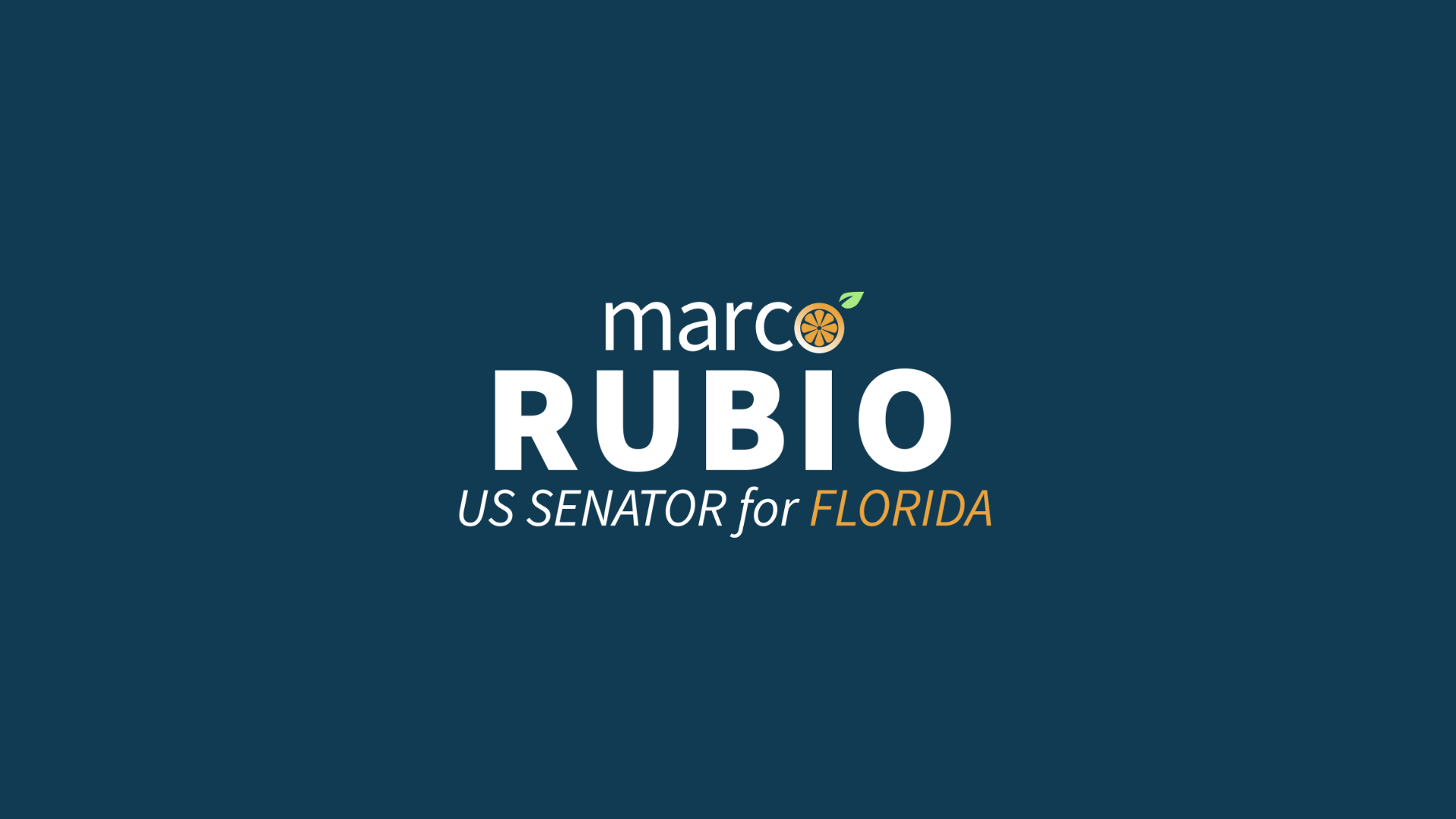Source: United States Senator for Florida Marco Rubio
Washington, D.C. — U.S. Senators Marco Rubio (R-FL), Mike Braun (R-IN) and 48 Republican Senate colleagues formally moved to nullify President Joe Biden’s vaccine mandate on private employees under the Congressional Review Act, the official process for Congress to eliminate an Executive Branch rule.
The Biden Administration’s rule creates COVID-19 vaccination requirements for private businesses with more than 100 employees. The rule will affect more than 80 million Americans and would impose $14,000 fines for persons who do not comply. A recent survey found only 14 percent of Americans support firing employees who do not comply with the mandate.
Click here for a full list of cosponsors and quotes.
“The federal government should not be making personal health decisions for American workers,” Rubio said. “I have always encouraged people to get vaccinated – I am vaccinated – but the Biden Administration and Democrats have gone way too far. This ridiculous, unlawful rule will only further divide our nation and make the ongoing labor shortage even worse. I will work with my colleagues to make sure President Biden does not continue punishing Americans and businesses by holding incomes of working families hostage for federal vaccine mandates.”
Background:
On September 8, President Joe Biden announced vaccine mandates that extend to 80 million private sector workers and additional mandates on millions of federal workers and contractors. These mandates are expected to force private-sector employers with more than 100 employees to become vaccinated or produce at-least-weekly negative test results before coming to work.
To implement this mandate, OSHA promulgated an Emergency Temporary Standard (ETS).
The Congressional Review Act (CRA) can be used by Congress to overturn certain federal agency regulations and actions through a joint resolution of disapproval. If a CRA joint resolution of disapproval is approved by both houses of Congress and signed by the President, or if Congress successfully overrides a presidential veto, the rule at issue is invalidated.
